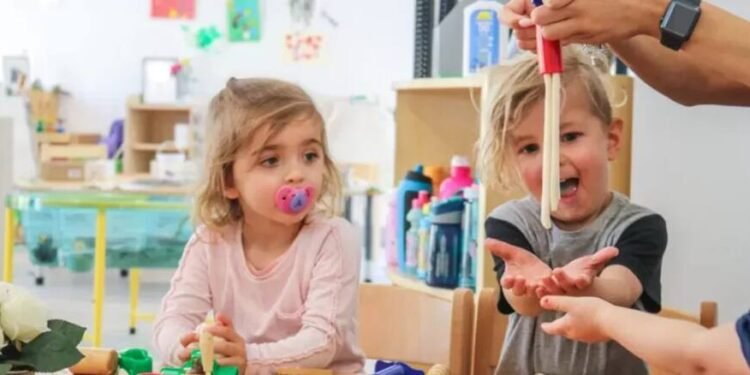Introduction to Reggio Emilia
The Reggio Emilia Approach, named after the Italian city of Reggio Emilia, is an educational philosophy that promotes child-centered learning, recognizing children as inherently curious and capable individuals. Institutions like Reggio Daycare Julington Creek, FL, have adopted this approach to create a more enriching educational experience for children.
The Reggio Emilia Approach fosters lifelong learning by allowing children to explore and discover through activities that align with their interests. It promotes a nurturing yet challenging environment that fosters a deep love for learning beyond classroom years.
Principles of the Reggio Emilia Approach
The Reggio Emilia approach emphasizes children’s ability to understand and influence their world, recognizing them as active participants in their learning process. It emphasizes communal collaboration, involving educators, parents, and the community to enhance the learning experience. Using a project-based learning strategy, the approach helps kids discover topics they are interested in while honing their critical thinking and problem-solving abilities. It also values children’s expression through various forms of communication, allowing educators to tailor activities to meet their developmental needs and interests.
The Role of Environment in Learning
Reggio Emilia emphasizes the importance of the learning environment, often referred to as the “third teacher.” Classrooms are designed to encourage exploration with natural materials, artistic displays, and open spaces. Outdoor spaces, such as gardens and play areas, are considered extensions of the learning environment, incorporating nature into projects and activities. The organization and aesthetics of these spaces inspire wonder and curiosity in children.
Teacher as a Co-Learner
In Reggio Emilia’s settings, teachers are seen as co-learners, guiding and supporting children’s exploration based on their interests. This collaborative approach allows teachers to remain flexible and responsive. Teachers document children’s progress through photographs, videos, and observations, assessing developmental milestones and planning future activities. This approach creates more meaningful and engaging learning experiences for students, enhancing their learning experience.
Parental Involvement
The Reggio Emilia approach emphasizes the importance of parents in a child’s learning environment. They work with educators, participating in classroom activities, school events, and project work. Regular communication between parents and teachers ensures consistency and support for the child’s development. This strong community bond helps children feel secure and valued, contributing to their well-being and academic success.
Research Supporting Reggio Emilia
The Reggio Emilia education is proven effective in promoting children’s creativity, critical thinking, problem-solving skills, and emotional intelligence. Its principles, emphasized through self-directed exploration, peer collaboration, and respect for individual contributions, lead to higher confidence and social competence. The inclusive and supportive approach improves interpersonal skills and self-esteem, which makes it an effective tool for educational institutions.
The Future of Reggio Emilia
Reggio Emilia education, a learner-centered approach, is being adopted globally as new teaching methodologies are developed. As technology advances and new pedagogical strategies emerge, the approach’s adaptability ensures dynamic and responsive learning environments. By fostering curiosity and creativity, it prepares learners to face future challenges with confidence and ingenuity, shaping the future of education.




